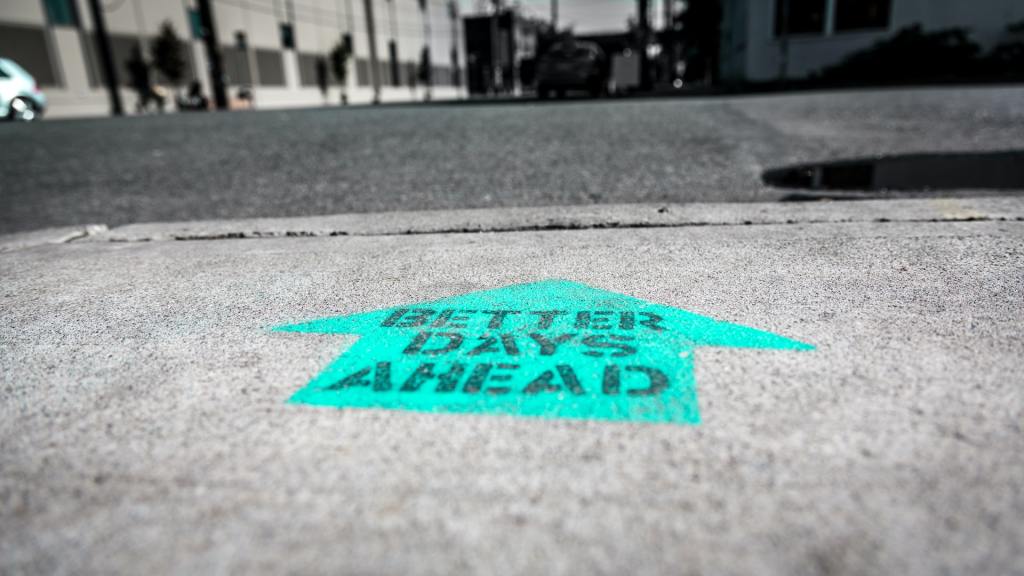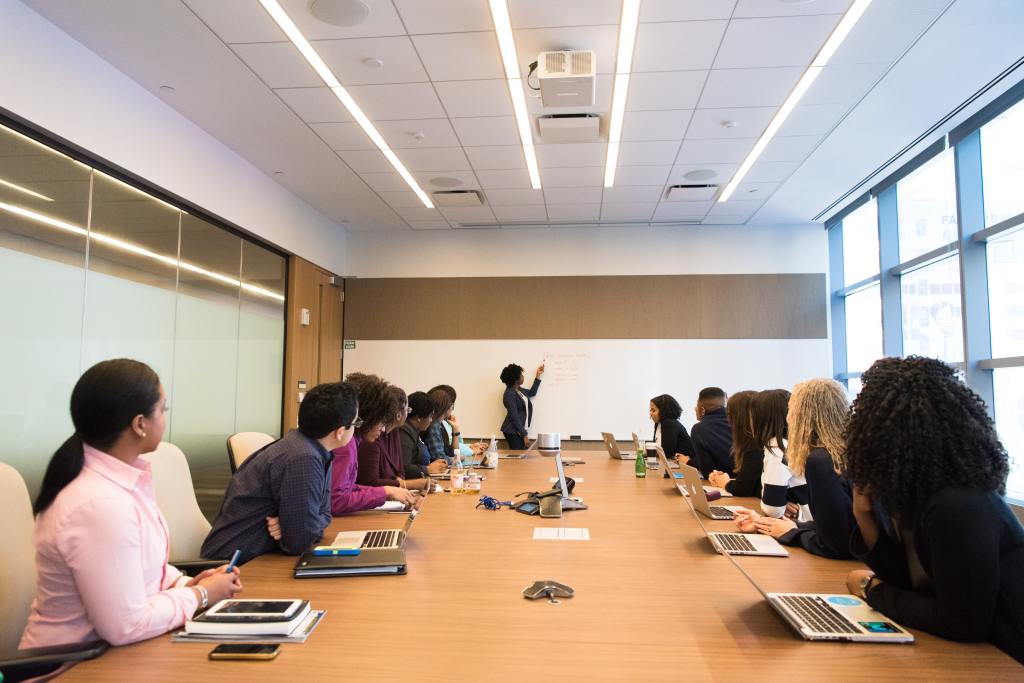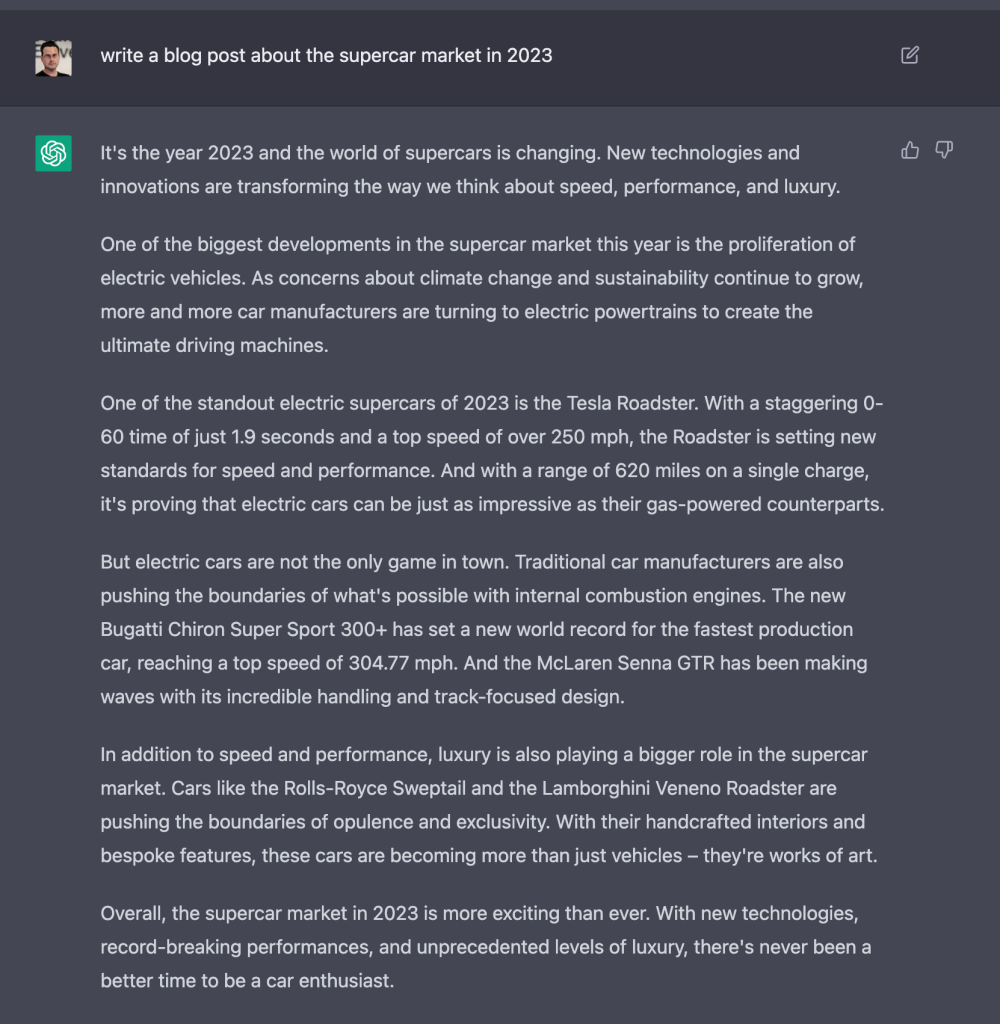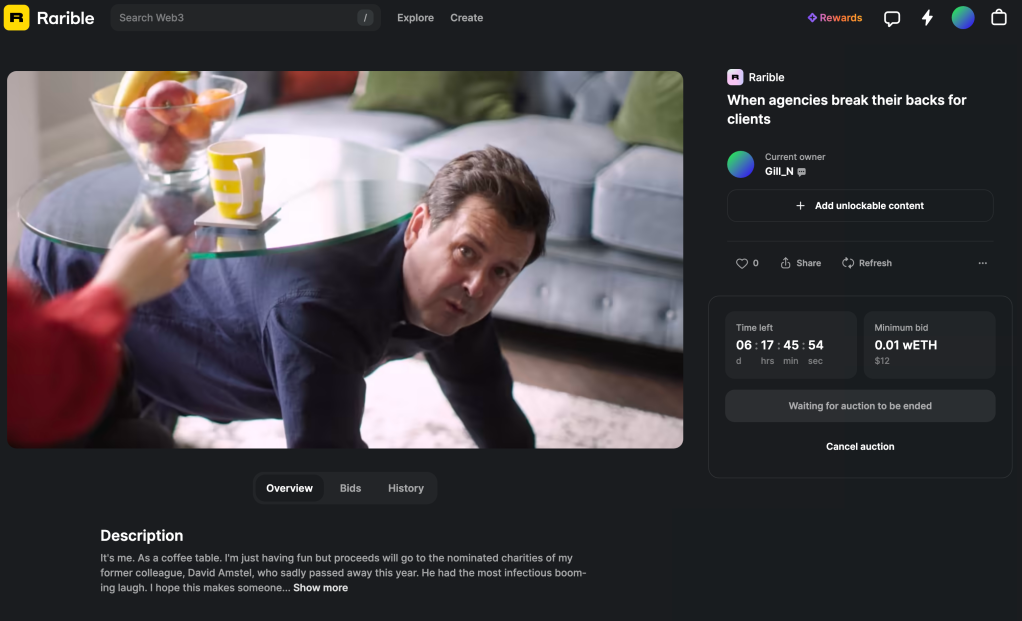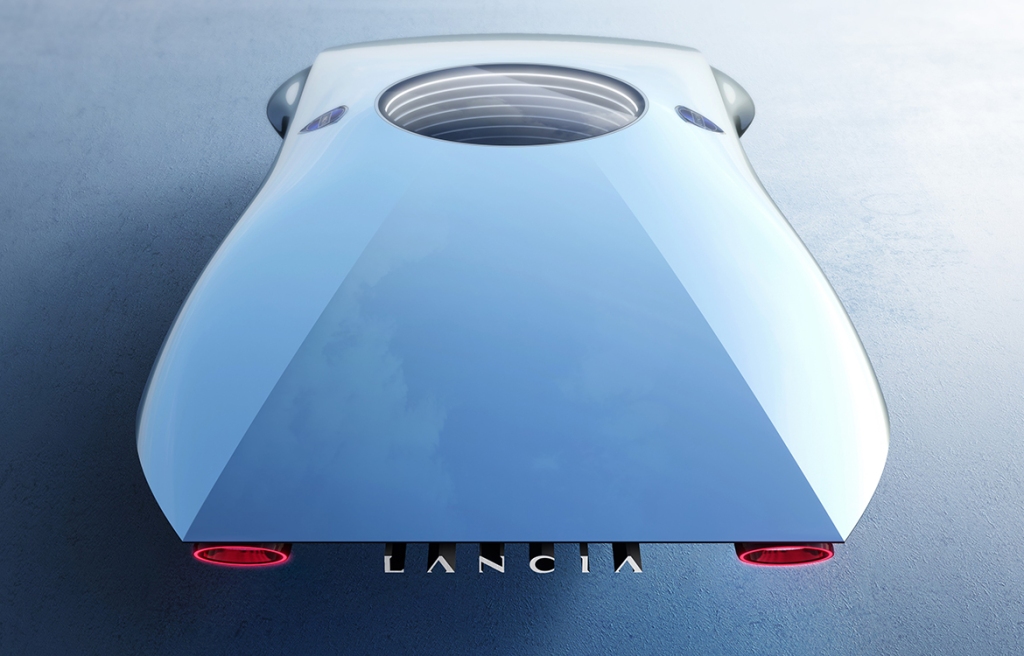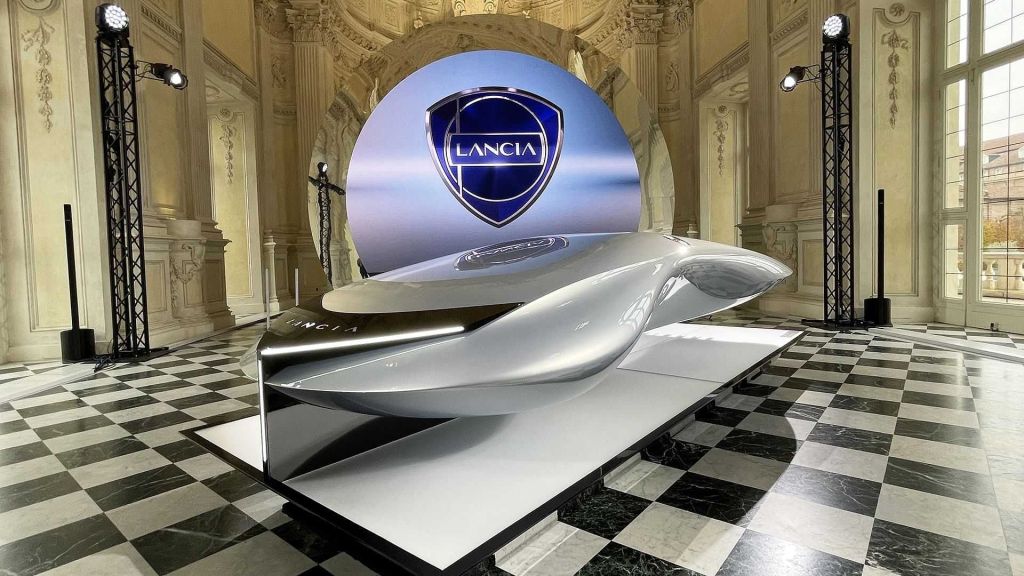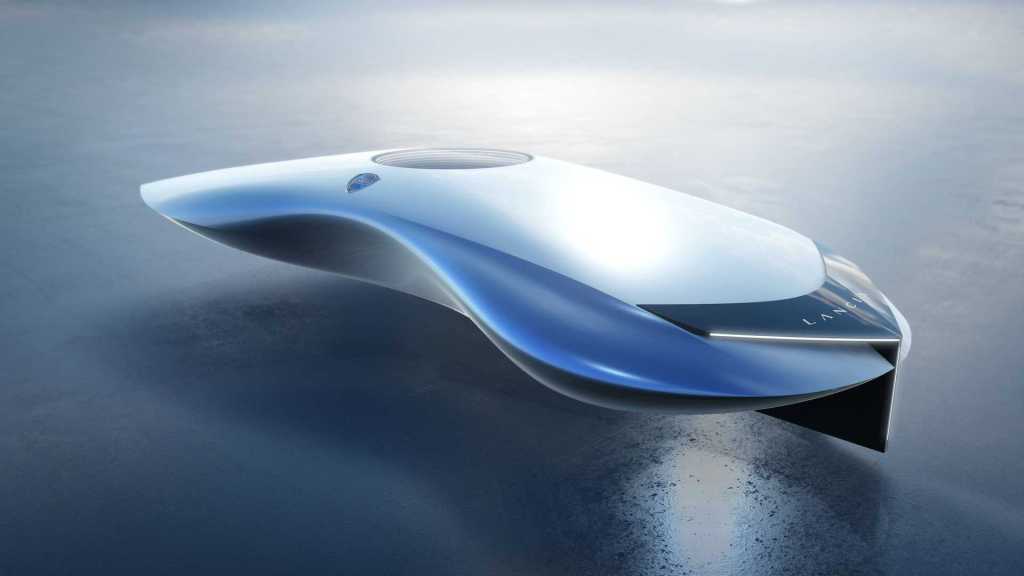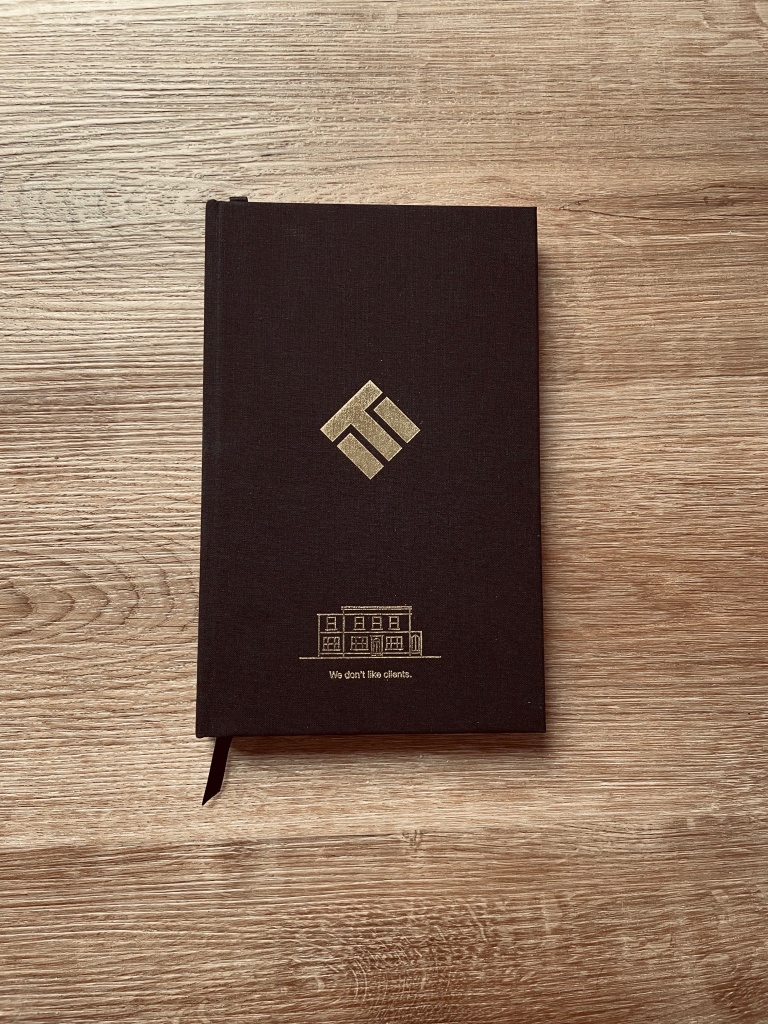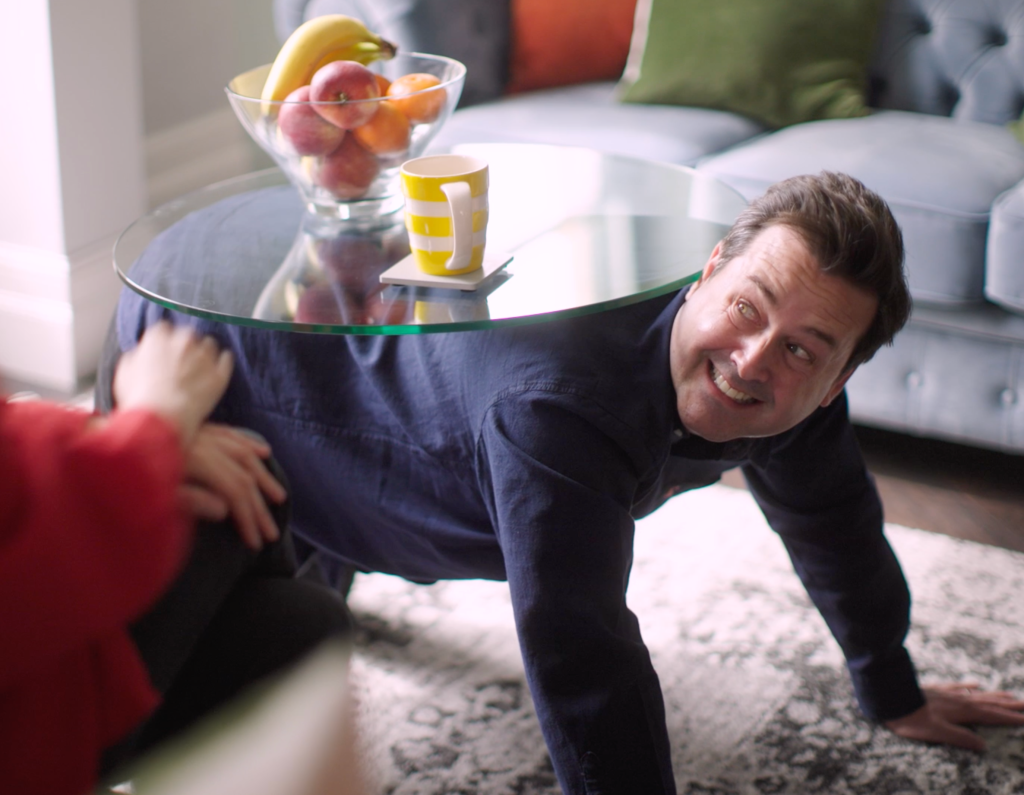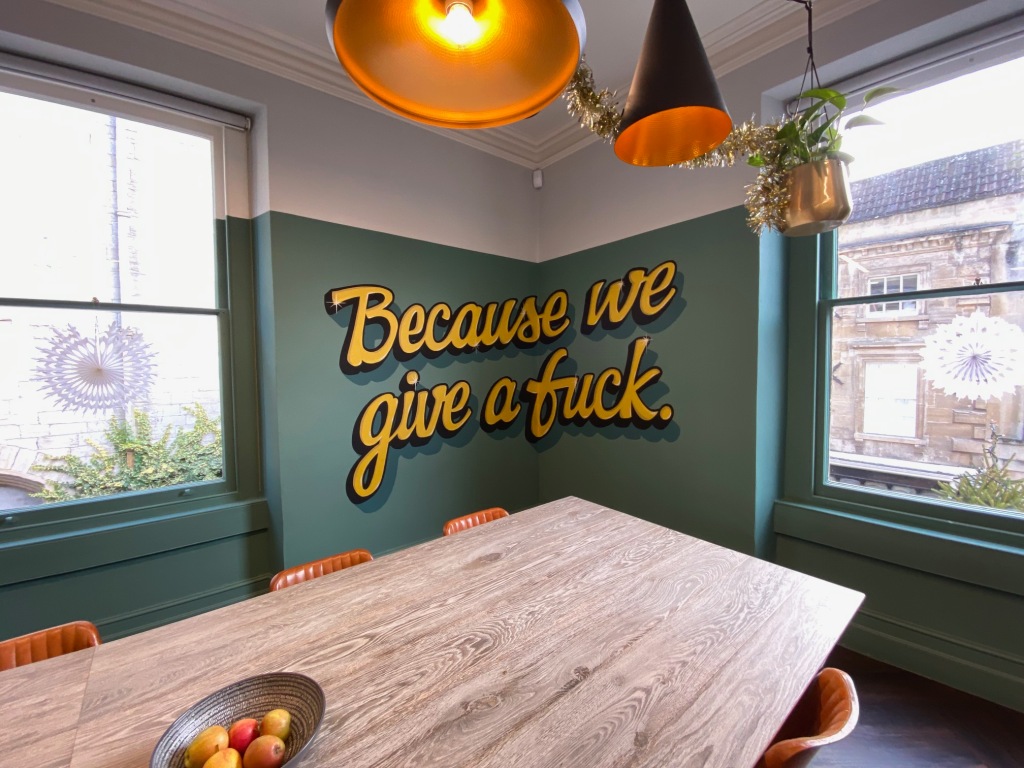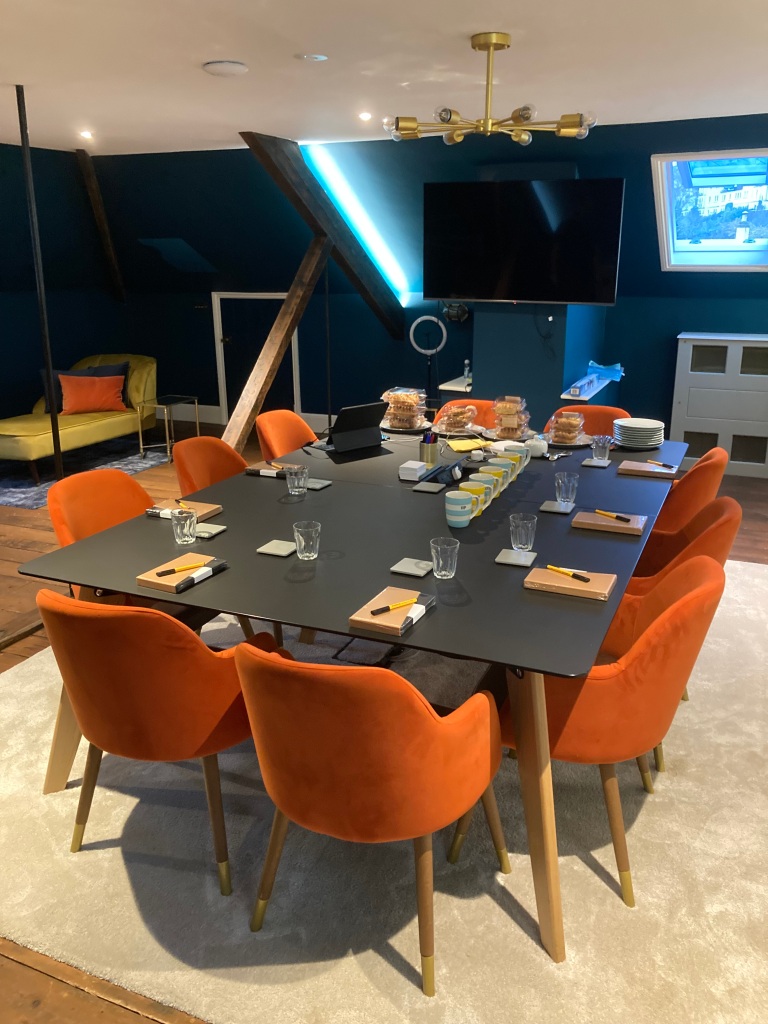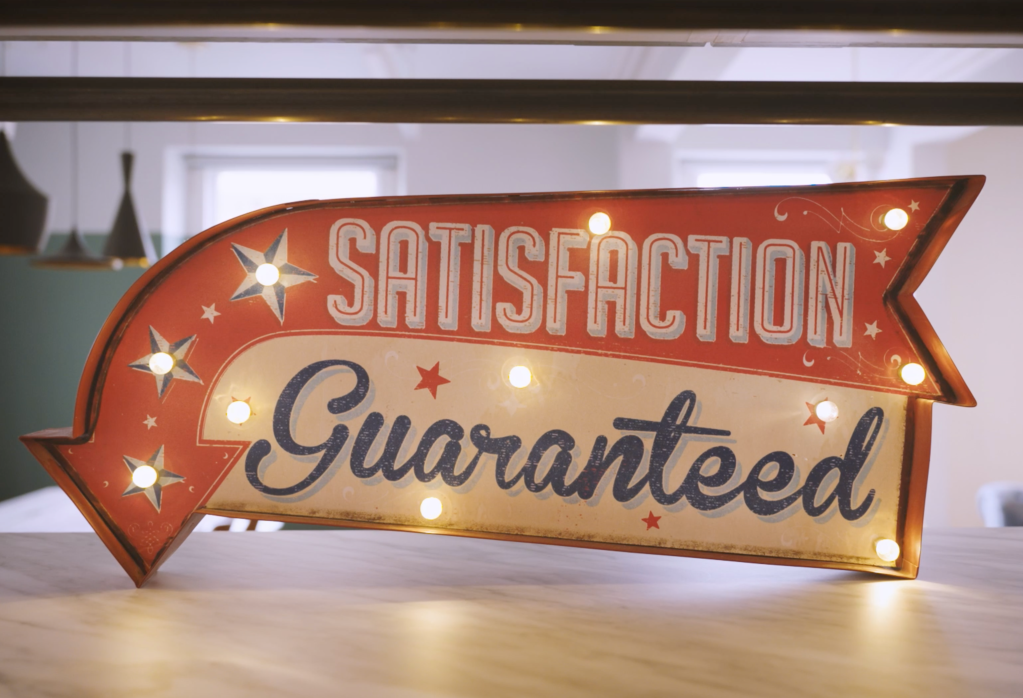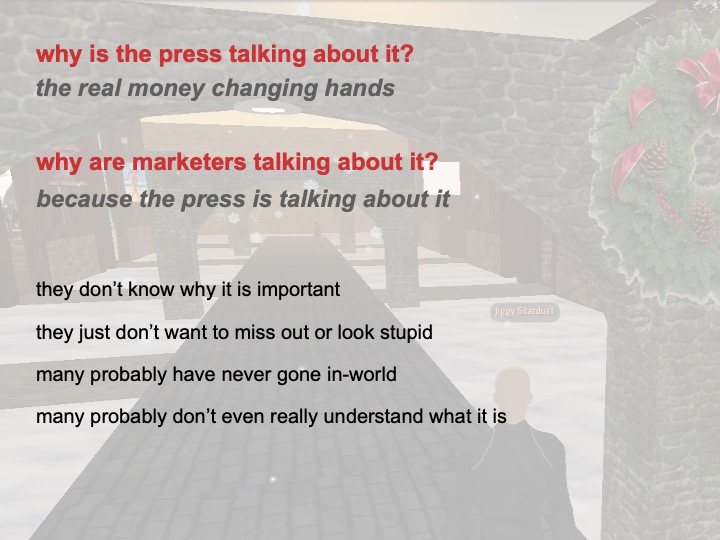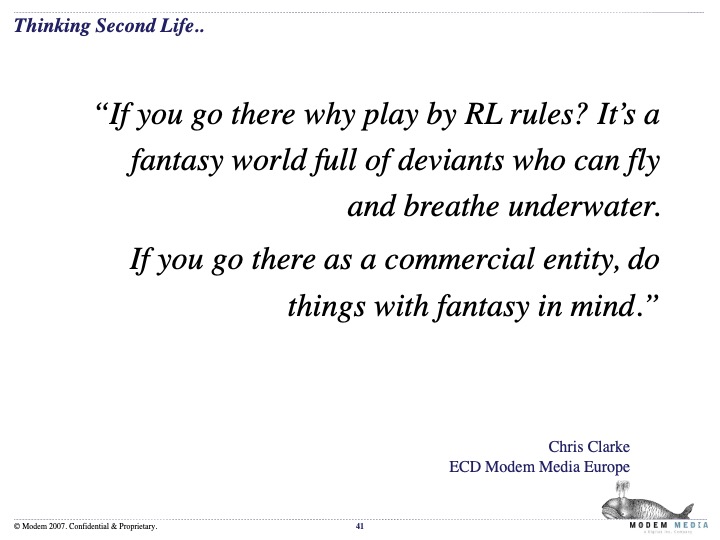
I can hardly tell people to be curious, experiment and try new things if I don’t do it myself. So when my good friend Eraldo Mussa asked me to contribute a short story based on a stimulus of one photo and one line, I said yes.
I’ve always enjoyed stories. I think writing is an essential part of being in a strategic and creative discipline. But writing for brands is one thing, creating a piece of fiction is another. I had a few thoughts but just let a stream of consciousness come out. A gracious editor, Eraldo let me know the first draft was quite a lot longer than the other submissions.
Editing is like cutting your own hair. Hard. You start with one thing in mind but soon you’ve got a mohican because you couldn’t judge the scissors and reverted to the clippers. There’s 15 stories from various collaborators. All inspired by the single image and the one given line:
“Lofoten Islands, Monday 21 August, 10.35pm.”
The stories were released across three weeks. Mine is in the 3rd link.
You’ll also notice it’s in Italian so the original English is below. My thanks to Eraldo for a wonderful job on the translation. We had a very funny conversation about the role of ‘him’ and the protagonist. And of course the photo inspiration of Roberto Tosetti.
It’s been encouraging to receive some very lovely feedback.
What’s your story?
Original English version:
Lofoten Islands, Monday 21 August, 10.35 pm…
He always left the door open to hear the stillness. Smell the nothingness. He had appreciated this in the first days since they brought him here. He knew it would time to leave when the lights in the cabin on the other side would be turned on at night. Had he really been here for 44 days now? His reflection in the mirror showed improvement to the bruising and cuts on his face and body. It could not hide the emptiness in his eyes. The emptiness that had brought him here. The emptiness that arrived the moment she went. He turned away with disdain from the mirror.
He walked out of the bathroom, through the sparse lounge area and onto the decking area, then slowly to the edge and sat down. He had got used to the coldness of the water. He had trained for extremes. It was the darkness that unsettled him. He could barely make out his reflection in the gloom. Just a little light from his cabin was enough to help him make out the shapes of the island around him. Tall, imposing, impenetrable, brooding. Characteristics they may have labelled him with. Not today. Never again. Not since…
It had been a single bullet wound to the head. Just a trickle of blood running down her face. Murdered on their wedding day. He had known this. He knew that he would seek revenge. He knew he wouldn’t rest until she was avenged. It had taken him three years. Three years of his life. The forged resignation from the Service. Three years of murder to gain trust in the shadows, leading him to him. He found his way into Damascus by way of a diplomatic route. The techs had called it something else but basically it was a bloody bag in a boot. He was left in the safe house of the rebels. He gave the bomb to them. They just had to put it in the room. He had been in the building opposite with the rifle. He needed the blast to destroy the thick, bullet proof shield. Previously he had been a precision instrument. That day there was just hatred. It was this anger that made him miss the perimeter alarm. The red warning light was in his periphery. But his vision was blurred with tears as he watched him torn apart by the large calibre rifle ammunition.
He only remembered the blow to the back of the head. Waking up in a cell. Syrian security officials shouting at him, beating him, using machinery on him. He could still feel the drill point going into his shoulder even now. Three days of extreme interrogation. He told them why. He had nothing to protect. They didn’t believe him. Three days until the blast from the drone took the building apart. An expert detonation to take the top of the building but leave the underground intact. Then he was bundled into the back of a sedan. Another bloody bag. He woke days later in Switzerland. Tubes everywhere. And then they arrived here by boat. They left him alone to recover. He’d got his revenge but he felt nothing. His life had ended with her.
He poured a glass of vodka. Drank it neat. He stood, momentarily paused. Then dived. As he entered the freezing cold and dark waters, he saw a light in his peripheral vision of the other cabin.
![[bluurb] stuff and things](https://bluurb.files.wordpress.com/2021/01/cropped-a33a6dad-0d66-4aaa-bb33-661beb2fd126.jpeg)
